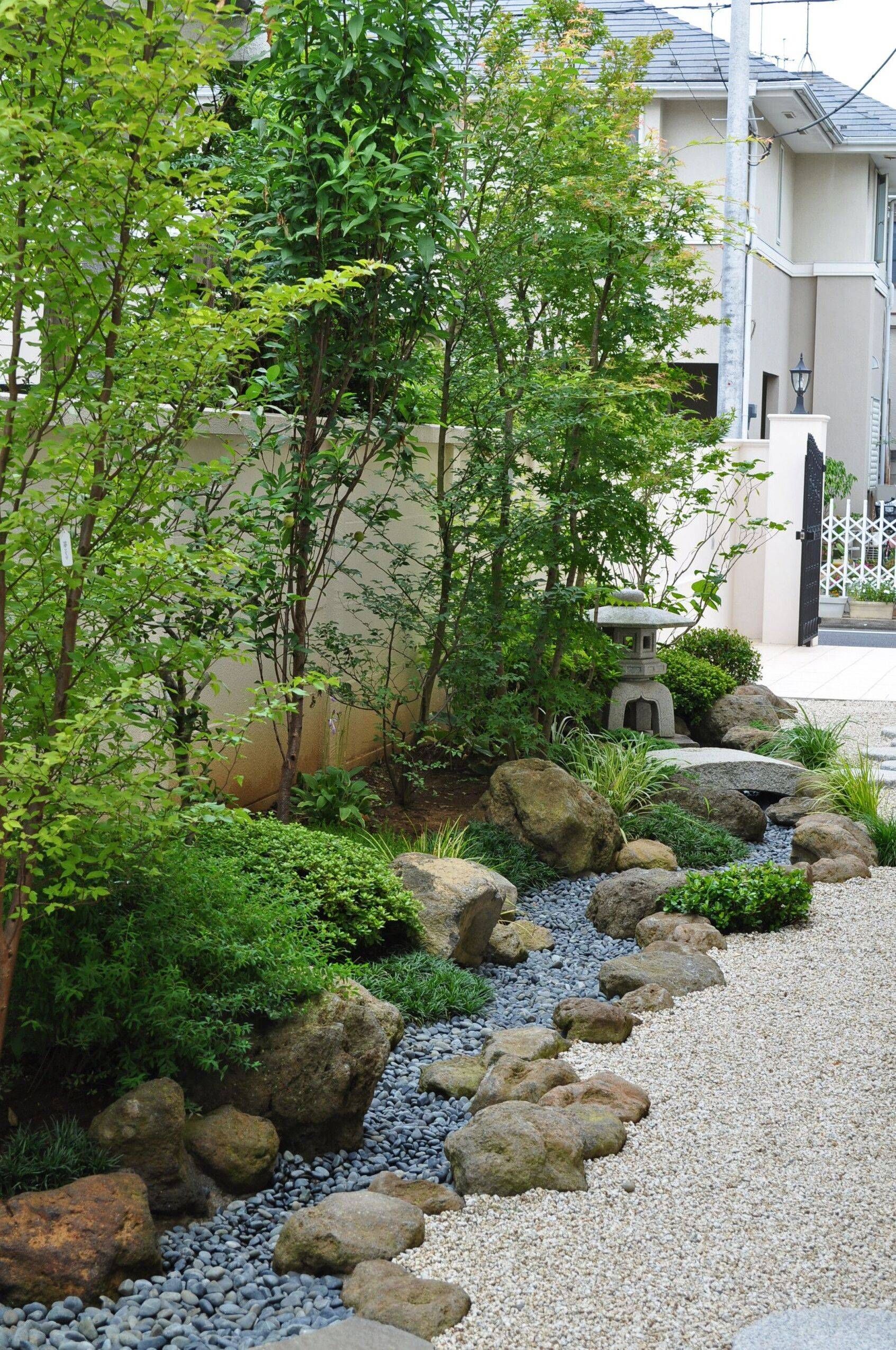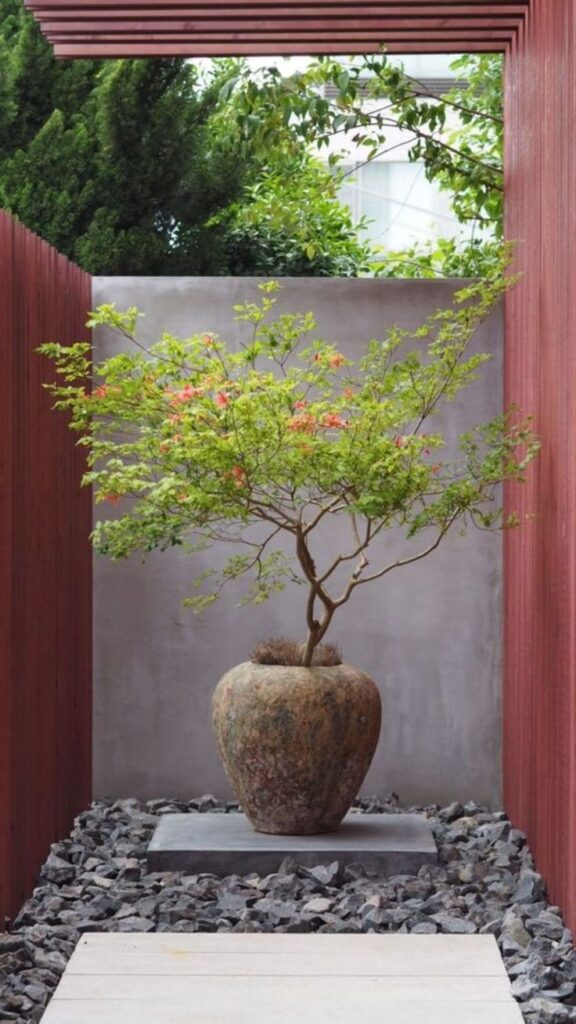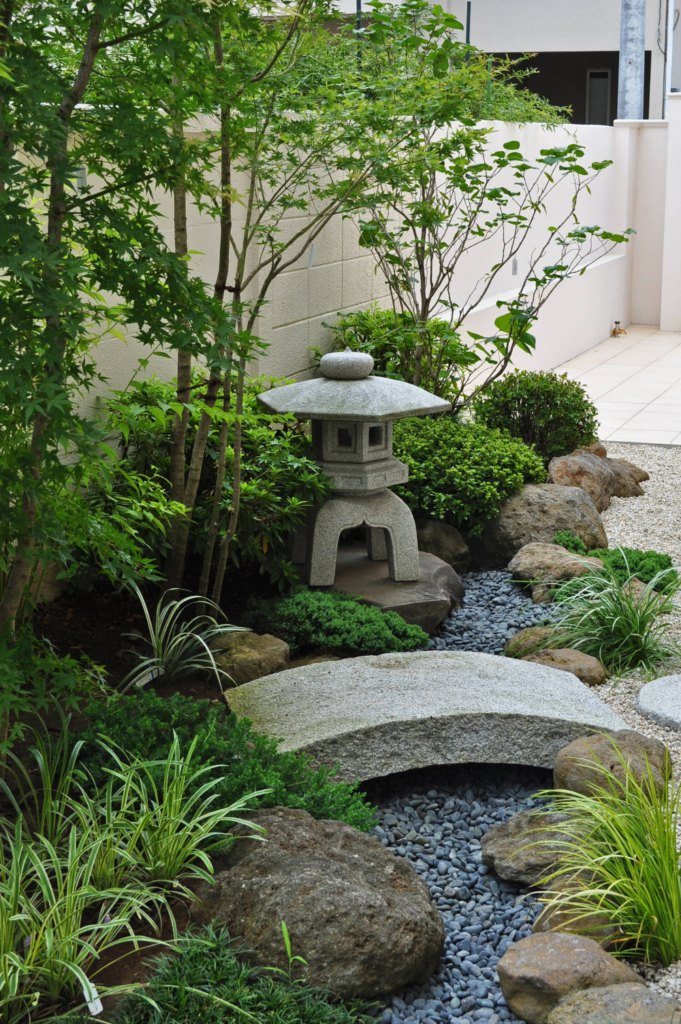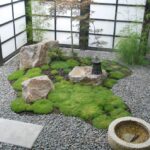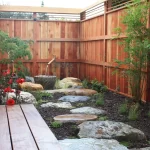Small Japanese Zen gardens, also known as “karesansui,” are peaceful and harmonious spaces designed to evoke feelings of tranquility and mindfulness. These miniature landscapes typically consist of carefully arranged rocks, gravel, and sometimes plants, all intended to symbolize larger natural formations such as mountains, rivers, and islands. Despite their small size, Japanese Zen gardens have a profound impact on those who interact with them, offering a sense of peace and serenity in the midst of a bustling world.
One of the key elements of a small Japanese Zen garden is the simplicity of its design. This minimalistic approach allows for a clear and uncluttered space that encourages contemplation and meditation. By deliberately choosing each element with care, the designer creates a harmonious environment where each rock, plant, and rake mark serves a specific purpose. This attention to detail reflects the Japanese philosophy of wabi-sabi, which values imperfection, impermanence, and simplicity.
Another important aspect of a small Japanese Zen garden is its use of symbolism. The arrangement of rocks and gravel is meant to represent aspects of nature, such as mountains, water, or islands. These symbols are believed to evoke feelings of tranquility and connection to the natural world, helping individuals to find inner peace and clarity. Additionally, the act of raking the gravel in patterns is seen as a form of meditation, as it requires focus, concentration, and mindfulness.
The design of a small Japanese Zen garden often incorporates the principles of balance and harmony. The placement of rocks, plants, and other elements is carefully thought out to create a sense of equilibrium and unity. Symmetry is often emphasized, with each side mirroring the other to create a sense of order and calm. This attention to balance is meant to evoke a feeling of peace and tranquility in those who interact with the garden.
In addition to their aesthetic beauty, small Japanese Zen gardens also serve a practical purpose. These serene spaces are often used as places of meditation and contemplation, where individuals can reflect on life, find inner peace, and reconnect with nature. The rhythmic motion of raking the gravel or tending to the plants can be a form of therapy, helping to calm the mind and reduce stress. By creating a tranquil environment, Japanese Zen gardens offer a sanctuary from the chaos of modern life.
Overall, small Japanese Zen gardens are serene and harmonious spaces that offer a sense of peace and tranquility to those who engage with them. Through their minimalist design, symbolic elements, and emphasis on balance, these miniature landscapes provide a refuge from the hustle and bustle of everyday life. Whether used for meditation, reflection, or simply to enjoy their beauty, Japanese Zen gardens have a profound impact on the well-being of those who experience them.
